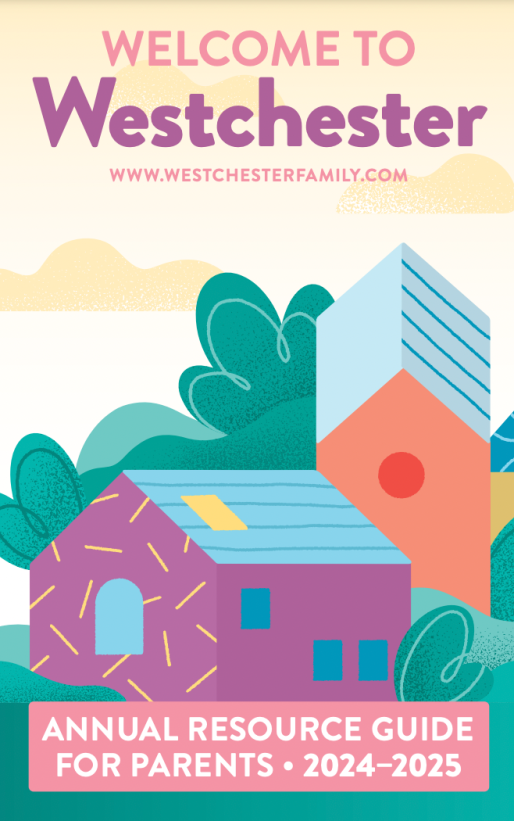
Westchester Beaches & Recreational Activities Reopen After Partially Treated Sewage Leak Advisory is Lifted
Families of Westchester had their weekends put on pause because of a sewage leak in Ossining on Friday. The partially treated sewage leak caused beaches to shut down, and an advisory was issued to our families and residents warning us to avoid parts of the Hudson River, from Peekskill to Yonkers. The advisory to avoid recreational activities has been lifted, but this leak has undoubtedly caused an environmental impact. We have all the details on what happened this weekend and what we can do to help prevent sewage leaks.
Be sure to check out Free Bee-Line Bus Services Return This Summer.
Notices of Advisory and Order Lifted
The Westchester County Department of Health released this statement on Friday, “Partially treated sewage is being released into the Hudson River at 100 Croton River Road in Ossining due to a break in a force main at the Crotonville sewer pump station. Due to this event, there is a probable environmental impact to the surrounding waters. Contact with the sewage is a potential public health threat, so through the weekend and until further notice, residents are advised to avoid recreational activities in the Hudson River, from Peekskill to Yonkers. Croton Point Park Beach and Philipse Manor Beach are closed until further notice.”
The order was lifted today, June 10th, early in the afternoon; the information that was released states, “Swimming can safely resume at Croton Point Park Beach and Philipse Manor Beach Club, and boaters can resume recreational activities in the Hudson River, as the Westchester County Department of Health has lifted its Hudson River advisory… The advisory was lifted today so that ample tidal movement would allow the partially treated sewage that had been released into the river to be adequately diluted.”
Weekend Recreational Activities Put on Pause until 6/10
The Westchester County Department of Health advised families, beachgoers, and boaters to avoid contact with the Hudson River due to potential health hazards. Tracy Brown, president of Hudson River Keeper, provided insight into the situation to News12, stating, “The raw sewage, untreated sewage, reported to be at a rate of a million gallons a day, is going directly into the Croton River and then flowing out into the Hudson River instead of getting to the treatment plant.”
A contractor was on-site excavating to access and repair the pipe, and the plan was to cut out a segment of the pipe that broke, replace it, and encase it in concrete. This leak will most likely have an environmental impact on the Hudson River and surrounding waters.
Westchester residents were asked to avoid the river from Peekskill to Yonkers because, in cases of sewage pollution, the affected bodies of water may contain illness-causing bacteria.
On June 7th, Croton-On-Hudson residents connected to the Village’s sanitary sewer system were advised to continue voluntarily reducing their water usage to limit the amount of partially treated sewage entering the river. Village residents were also informed that the drinking water supply and tap water were safe for consumption and were not affected by this leak.
Why This Sewage Leak may Have Happened
According to the Department of Environmental Conservation, sewage leaks can happen for several reasons, including weather (heavy rain or snowmelt), sewer system blockages, insufficient system capacity, structural, mechanical, or electrical failures, and collapsed or broken sewer pipes. “Additionally, the older a collection system is, the more likely it is to experience sewage discharges. Of New York State’s over 35,000 miles of sewers, approximately 40% are over 60 years old. About 10% were built before 1925. Nearly 65% of sewers that are more than 60 years old experience overflow events,” states the DEC on the NY Gov website.
How We Can Help Prevent Leaks and Overflows
Some of the best ways our families can help prevent events like this are by conserving water, avoiding dumping fats, oils, and grease down drains, and not flushing products such as diapers, baby wipes, and personal hygiene products.
Conserving water can be as easy as shutting off a faucet when not using it and taking short showers. Additionally, not dumping certain products down our drains can help avoid these leaks and overflows because they can quickly cause buildup and damage to sewer systems.
While lifting the notice allows for the resumption of recreational activities, the potential environmental impact on the Hudson River and surrounding waters remains to be determined. According to riverkeeper.org, “Combined sewage overflows, sanitary system overflows, failing wastewater treatment plants, and cracks in pipelines and holding tanks send billions of gallons of untreated sewage and polluted stormwater into the Hudson River and New York Harbor each year.”














